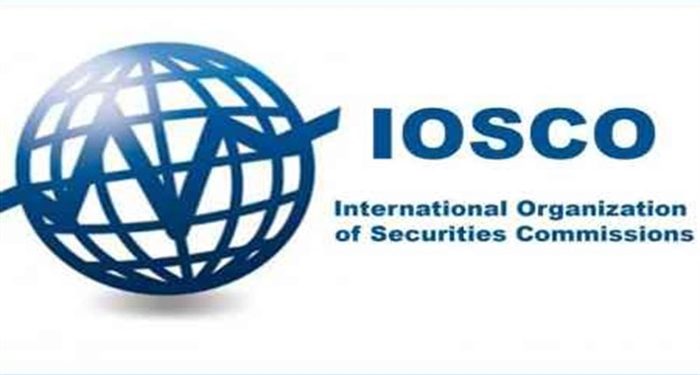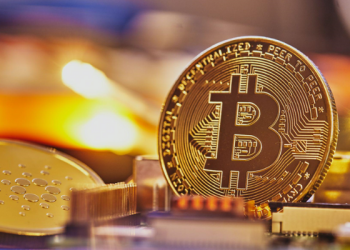The International Organization of Securities Commissions (IOSCO), an international securities watchdog, introduced the first global approach to regulating cryptoasset and digital markets. The move comes in response to concerns over consumer protection and draws lessons from the collapse of the FTX exchange last year, which raised alarm bells regarding the need for comprehensive regulation in the industry.
Cryptoasset and digital markets have been operating under varying rules and regulations in different jurisdictions, prompting calls for a unified global approach to regulation. Previously, these markets only had to comply with anti-money laundering checks, but the FTX exchange’s liquidity crisis and subsequent bankruptcy proceedings in the United States triggered worldwide regulatory interventions. Regulators stressed the necessity of establishing rules for crypto “conglomerates” like FTX that combine multiple activities under one roof, posing risks to customer assets and creating conflicts of interest.
The newly proposed standards presented by IOSCO represent a crucial turning point in addressing the risks associated with cryptoassets such as bitcoin and ether. Jean-Paul Servais, Chairman of IOSCO, emphasized the need to correct the flawed basis on which the crypto business has been allowed to grow. The proposed standards cover various areas, including conflicts of interest, market manipulation, cross-border regulatory cooperation, custody of cryptoassets, operational risks, and the treatment of retail customers.
Matthew Long, Director of Digital Assets at the Financial Conduct Authority in the UK, highlighted recent global events as the driving force behind the need for such regulations. Ensuring the safety of the crypto market is of paramount importance. Haydn Jones, Global Lead of Blockchain and Crypto Solutions at Kroll, praised frameworks like those proposed by IOSCO, as they combat criminal activity and enable everyone to benefit from the underlying technology of crypto.
The 18 measures outlined by IOSCO aim to apply well-established safeguards from mainstream markets to eliminate conflicts of interest within crypto transactions. The organization intends to finalize these standards by the end of the year and expects its 130 members worldwide, including regulators like the US Securities and Exchange Commission, Japan’s Financial Services Agency, the UK’s Financial Conduct Authority, and Germany’s BaFin, to adopt them. This move will help eliminate fragmented regulation and prevent firms from playing regulators against each other.
IOSCO is currently seeking public opinion on the regulations. This development follows the European Union’s recent finalization of the world’s first comprehensive rules for cryptoassets, increasing the pressure on other countries like the UK and the US to establish their own regulatory frameworks. Furthermore, IOSCO plans to issue recommendations for the regulation of decentralized finance later this summer.











